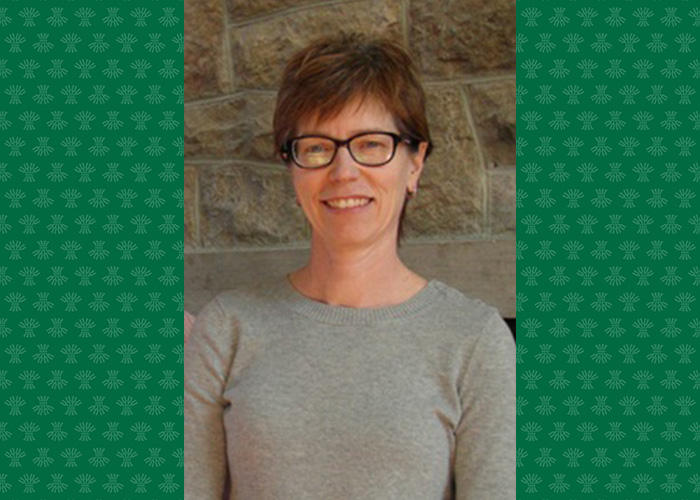
Slips, trips and spills: preventing falls with Dr. Cathy Arnold
For senior citizens, fracturing a hip is more often than not a life-changing injury.
By Researchers Under the ScopeListen to all episodes of Researchers Under the Scope podcast.
Subscribe to the podcast on Spotify or Apple Podcasts
One in three of those patients will die within a year. The second will recover and return home. The third often needs to move to a long-term care facility, to cope with reduced mobility.
Dr. Cathy Arnold makes it her mission to stop those falls and fractures in the first place.
On this episode of the podcast, she joins us to talk about breakthroughs in rehabilitation techniques and research, as Canada marks fall prevention month every November.
After practicing physiotherapy for 25 years in hospital settings, in the community, and in private practice, Arnold is now the director of the School of Rehabilitation Science at the University of Saskatchewan's College of Medicine.
"What led me to research were those opportunities and interactions that I had with my older clients," said Arnold.
She said their questions often led her to uncover conflicting scientific advice about how best to heal after surgery, and how to cope with aging.
"I became very interested in what did keep people living longer,” Arnold said. "I found working with older adults was really rewarding."
Arnold said older adults should practice balance exercises, and work at increasing their strength, even if they're frail, or if they've been diagnosed with osteoporosis.
A stronger, more flexible person can catch themself during a fall, Arnold said. That strength and balance can mean the difference between a life-changing fracture -- and escaping from a fall with bruises.
"The next time you fall or you lose your balance, you might be able to catch yourself. You might be able to put out your leg and your muscles are strong enough to stop you."
